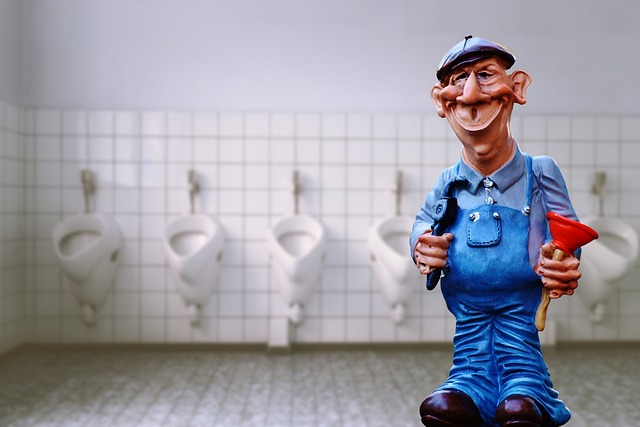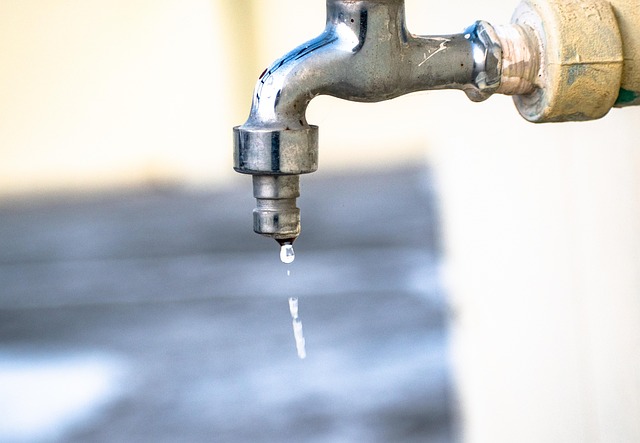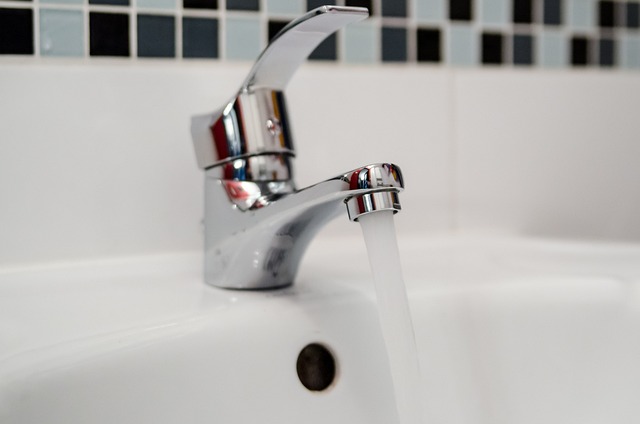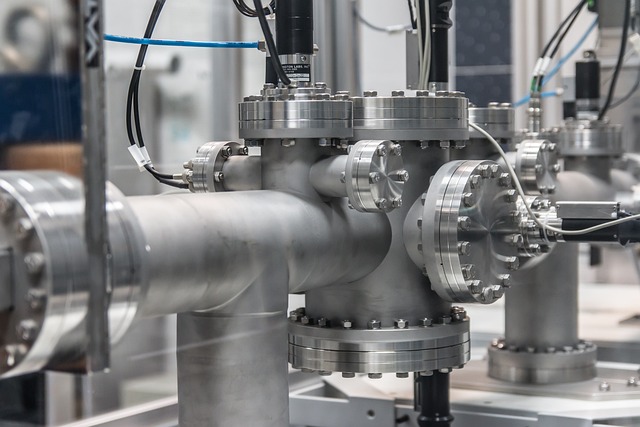Regular maintenance is key to preventing common plumbing issues like leaks and clogs. Homeowners should schedule annual inspections, practice at-home habits like running hot water after showers and avoiding flushing non-biodegradable items, and use tools for regular drain cleaning to minimize risks of damage from clogged drains, water leaks, and pipe corrosion. Combining professional care with these simple practices significantly reduces the likelihood and cost of plumbing disasters.
Tired of unexpected plumbing disasters? Learn how to prevent common issues before they start. This comprehensive guide breaks down the root causes behind clogs, leaks, and other headaches, offering practical tips for proactive maintenance. From understanding water pressure dynamics to regular drain cleaning, these measures ensure your plumbing system remains in top shape, saving you time, money, and hassle. Implement these strategies today to avoid tomorrow’s common plumbing issues.
Understanding Common Plumbing Problems and Their Causes

Common plumbing issues can range from minor inconveniences to major disasters, causing significant damage and costly repairs. Understanding these problems and their root causes is the first step in preventing them. One of the most frequent issues is clogged drains, often caused by grease buildup, hair, or foreign objects. Another common problem is water leaks, which may result from faulty pipes, worn-out fittings, or corroded valves. Pipe corrosion, especially in older homes, can lead to burst pipes during cold weather, causing extensive damage and water waste.
To prevent these issues, regular maintenance is key. Homeowners should schedule periodic drain cleaning to remove built-up debris. Inspecting pipes for leaks and addressing them promptly can save hundreds of dollars in repair costs. Insulating pipes in colder climates helps prevent freezing and subsequent bursts. Additionally, using drain covers and catching potential sources of grease before they go down the drain can significantly reduce the likelihood of clogging.
Proactive Measures to Prevent Leaks and Clogs

To prevent common plumbing issues like leaks and clogs, proactive measures are key. Regular maintenance can go a long way in keeping your plumbing system in top shape. Start by inspecting pipes for any signs of damage or wear and tear, especially in areas prone to freezing during winter. Fixing small cracks or replacing old, corroded pipes before they fail is crucial to avoid costly repairs and water damages.
Next, install high-quality drain covers and catchers to prevent hair, grease, and other debris from building up and causing clogs. Additionally, use a snake or plumber’s tool to clear minor blockages in drains and sinks. For leaks, implement simple solutions like sealing connections with pipe compound and ensuring all fixtures are securely fastened. Regularly checking these areas can help identify potential issues early on, saving you time, money, and the hassle of dealing with full-blown plumbing crises.
Regular Maintenance Tips for Optimal Plumbing Health

Regular maintenance is key to keeping your plumbing in top shape and preventing common issues from arising. Start by scheduling routine inspections with a professional plumber at least once a year. During these visits, they can identify potential problems early on, such as leaks, clogs, or damage to pipes. Taking proactive measures ensures that minor issues don’t escalate into costly repairs.
Additionally, homeowners can implement simple daily habits to maintain plumbing health. This includes running hot water for a few minutes after using the shower to prevent pipes from freezing, avoiding flushing non-biodegradable items down the toilet, and regularly cleaning drain traps with hot water and vinegar or baking soda to eliminate buildup. By combining professional care and at-home practices, you can significantly reduce the occurrence of common plumbing issues.
By understanding the common plumbing issues that can arise, along with their causes, you can take proactive measures to prevent them. Implementing regular maintenance and adopting careful habits can significantly reduce the occurrence of leaks and clogs, ensuring your plumbing system remains in optimal health for years to come. These simple yet effective strategies are key to avoiding costly repairs and maintaining a hassle-free living environment.
